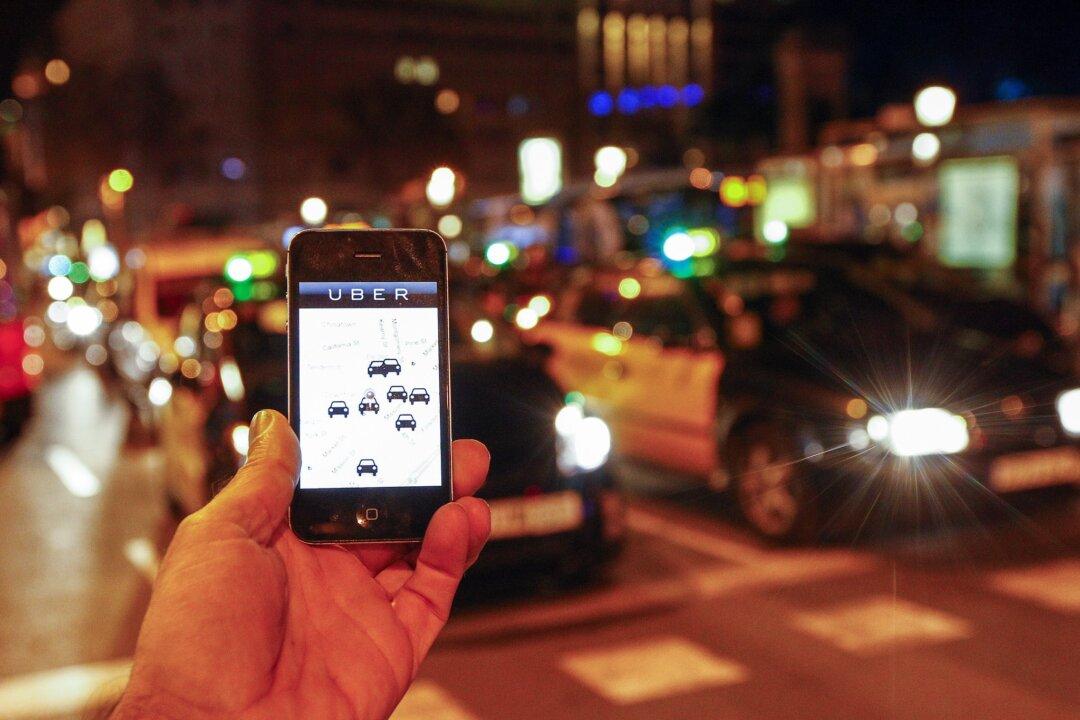Black taxi company Gett will finally be profitable in February, global chief marketing officer Rich Pleeth told the Epoch Times, as the Uber wannabe inches closer toward its rival.
The profit comes after expensive promotions that Gett has admitted are not sustainable in the long term.
Last week, the company extended its 2014 policy into the new year, of paying its drivers double the pay that rival company Uber pays its drivers. Gett drivers make an average of $1,500 a week, according to a press release.
The company also provides riders a $10 flat rate anywhere from Houston to 59th Street in New York City.
The promotions are meant to help propel Gett to the level of success that Uber has enjoyed, which has been valued at over $40 billion. But it'll take time and enormous creative energy to become a strong competitor against Uber.
The service of bringing drivers and riders together is easy enough to replicate. But what really allows Uber to dominate the market is its large amounts of venture capital and its aggressive expansion strategy, said Thilo Koslowski, vice president and automotive practice leader at the IT research firm Gartner.




